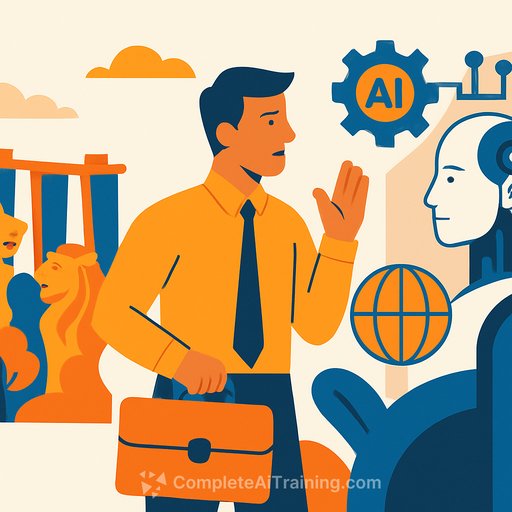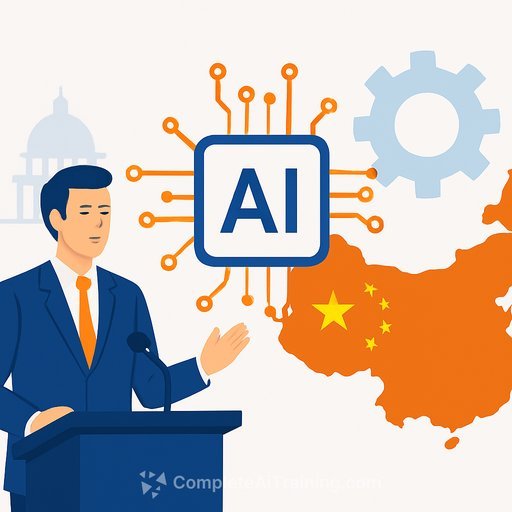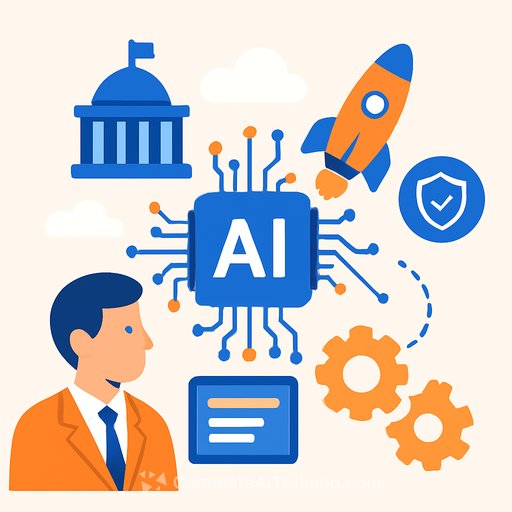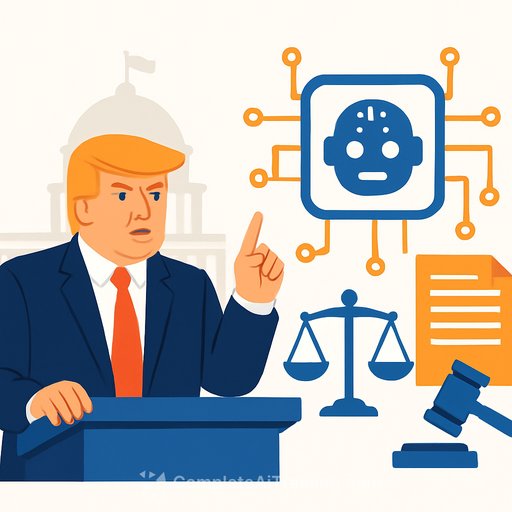Singapore’s Job Security Push in a Turbulent World
Singapore’s Prime Minister Lawrence Wong has made job security for citizens a top priority amid the challenges of a fragmenting global economy and the rise of artificial intelligence (AI). With increasing trade barriers and rapid technological change, maintaining employment opportunities is crucial for the city-state’s stability. As a key international trade and innovation hub, Singapore faces external pressures that could reshape its workforce.
Wong highlighted that geopolitical tensions and AI’s transformative effects pose risks to Singapore’s open economy, which depends heavily on foreign investment and skilled labor.
AI’s Double-Edged Impact on Employment
A recent International Monetary Fund analysis points out that Singapore’s large skilled workforce makes it particularly exposed to AI disruptions. While about half of these workers could see AI as a productivity booster, the other half may face job displacement due to lower AI compatibility. Women and younger workers are especially vulnerable, raising concerns about widening income inequality without focused support.
The PwC AI Jobs Barometer further shows that global job markets are shifting quickly, driven by AI advancements. Singapore’s ambitious AI strategies anticipate significant workforce changes, especially among knowledge workers, by 2025.
Government Strategies and Investments
To address these challenges, Singapore is expanding programs like SkillsFuture for upskilling citizens to adapt to AI-driven changes. Prime Minister Wong announced new initiatives through the five Community Development Councils to better connect jobseekers with available roles.
The government has allocated $5 billion specifically for AI development as part of a broader $27 billion technology investment, positioning Singapore as a leading AI hub in Southeast Asia. According to Coursera’s 2025 AI Maturity Index, Singapore ranks alongside Denmark at the top globally for AI readiness.
However, foreign workers face ongoing challenges, with concerns that AI automation may further marginalize them in one of the world’s most expensive cities.
Global Fragmentation’s Ripple Effects
Rising trade barriers threaten Singapore’s export-driven economy. Prime Minister Wong pointed out that geopolitical risks could restrict market access and technology flows, complicating economic growth.
Experts like IMF’s Gita Gopinath note the uneven impact of AI across Asia. Singapore, with high AI complementarity, contrasts sharply with neighboring countries such as Laos. This disparity emphasizes the need for strong social safety nets and reskilling programs to prevent widening inequality.
The World Economic Forum warns that AI could reduce entry-level job opportunities, a concern echoed by surveys showing Singapore’s Gen Z anticipating major workplace disruptions.
Outlook and Policy Imperatives
Singapore’s forward-looking investments in areas like quantum computing and space technology aim to secure its economic future. Still, a report from the Civil Service College suggests that current social support systems may struggle with prolonged job displacement, calling for deeper policy discussions.
While companies in Singapore currently see AI as a tool to support rather than replace workers, regional peers are advancing automation plans faster. Global trends provide cautionary examples; for instance, over 10,000 U.S. jobs were lost to AI in July 2025 alone.
Balancing innovation with inclusive policies will be key to ensuring AI and global economic shifts do not undermine Singapore’s social fabric.
Voices from the Ground and Future Preparedness
Public discussions reflect a mix of optimism and concern. Some praise Singapore’s long-term investments as a model for readiness, while others warn that AI could replace outsourced jobs worldwide. This highlights the importance of lifelong learning and continuous skills upgrading.
Figures like Bill Gates emphasize ongoing education as critical in the age of AI. Singapore’s approach may serve as a benchmark for small, open economies, combining tech adoption with human-centered policies to face a more divided and automated future.
For government professionals interested in AI and workforce development, exploring AI training courses can provide valuable tools to support these transitions.
Your membership also unlocks:






